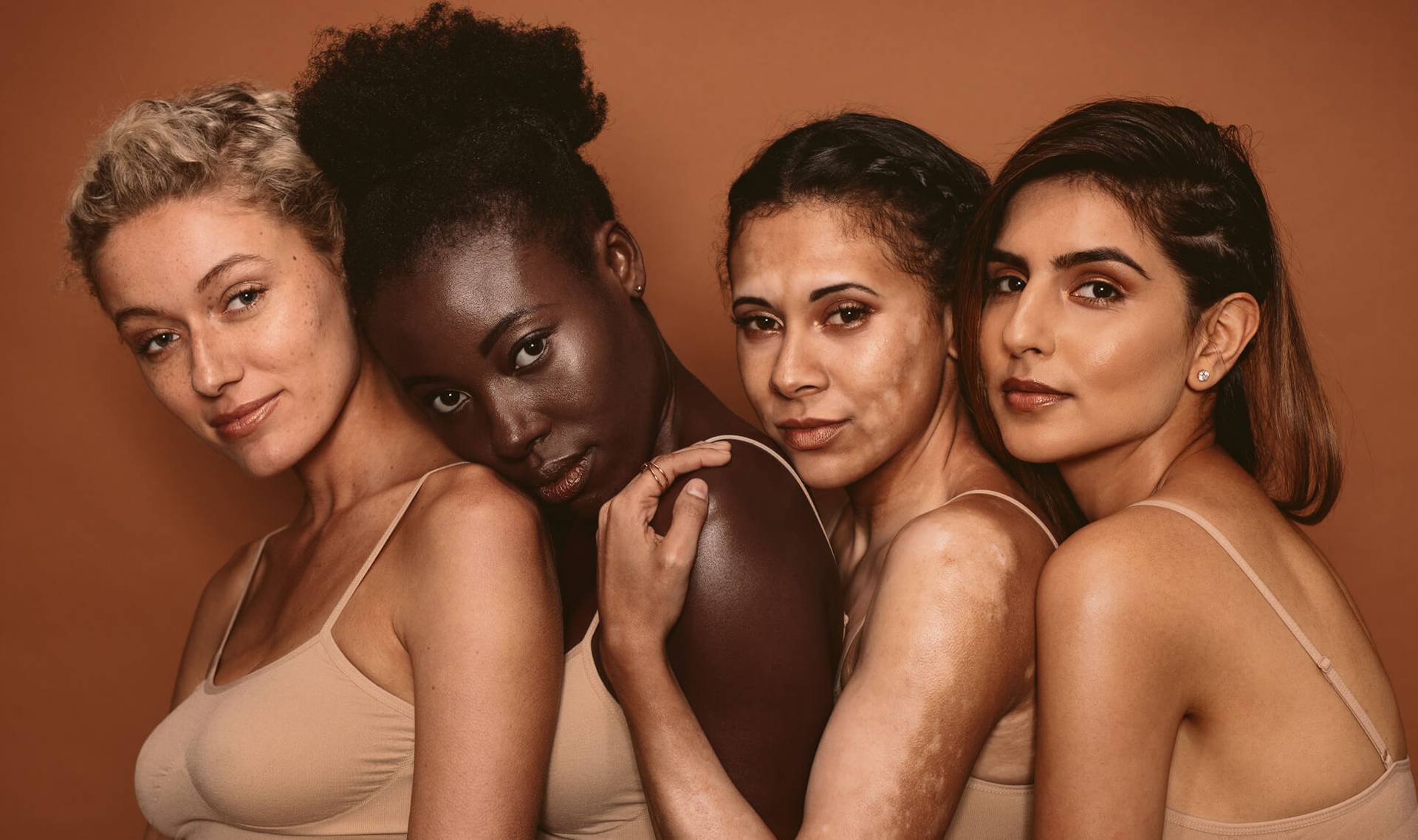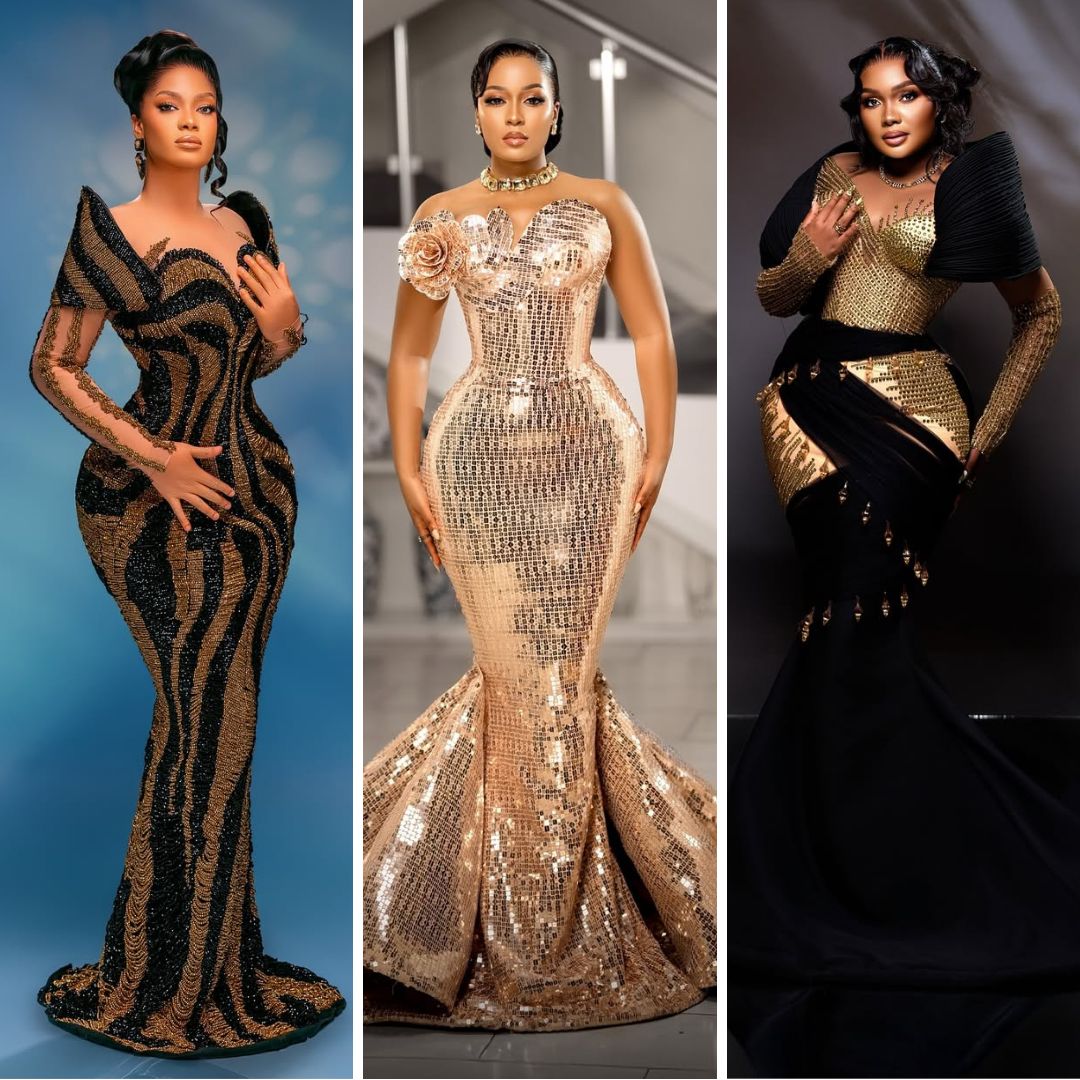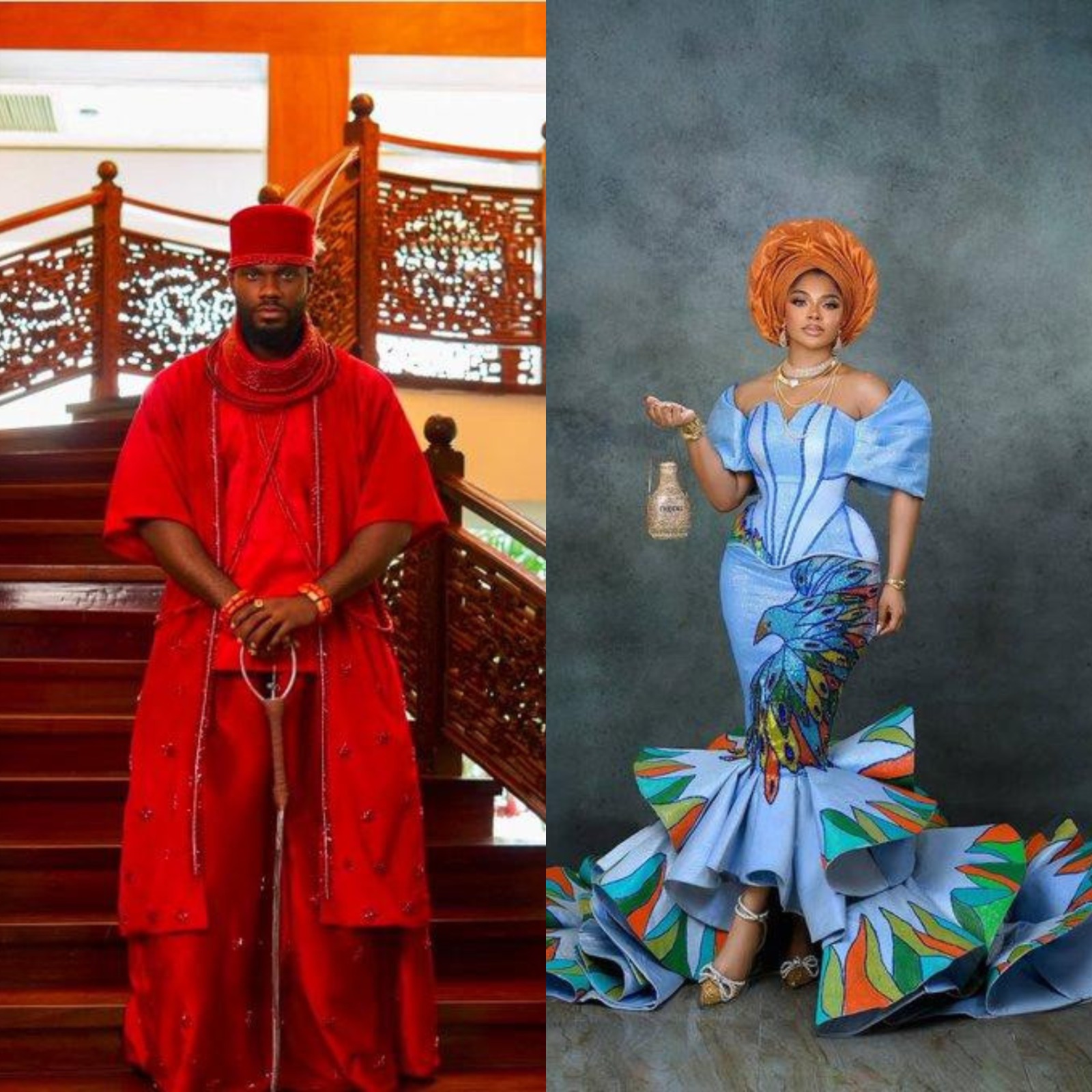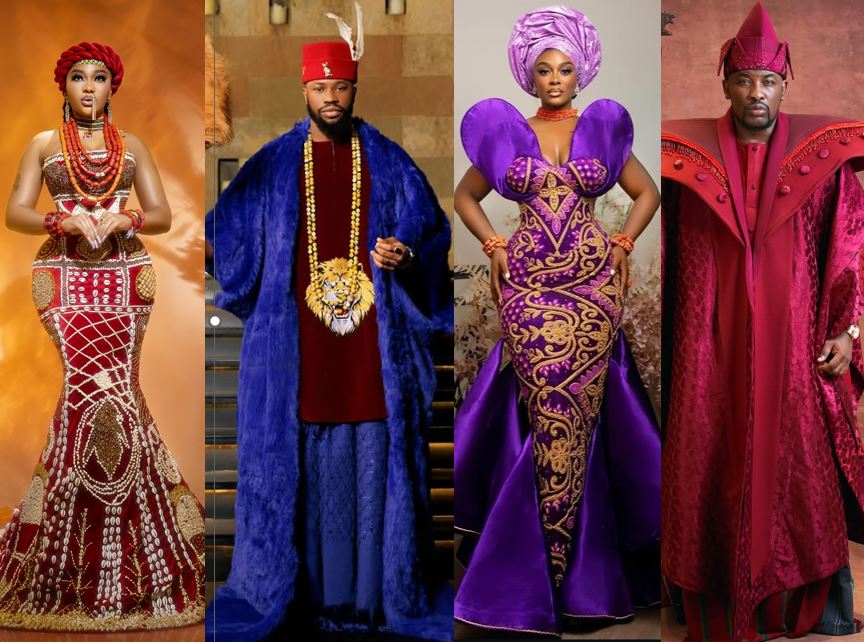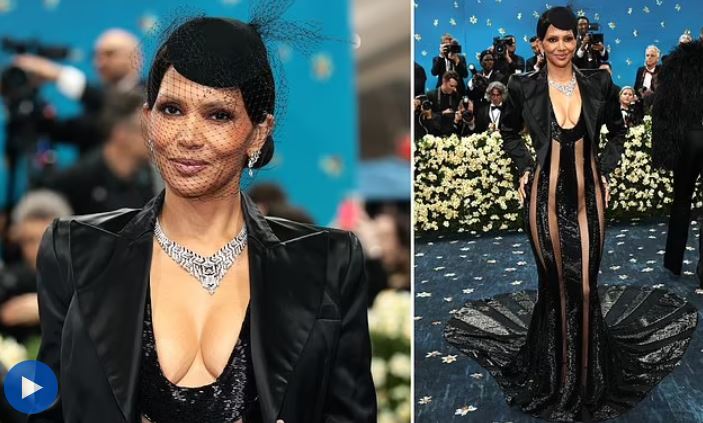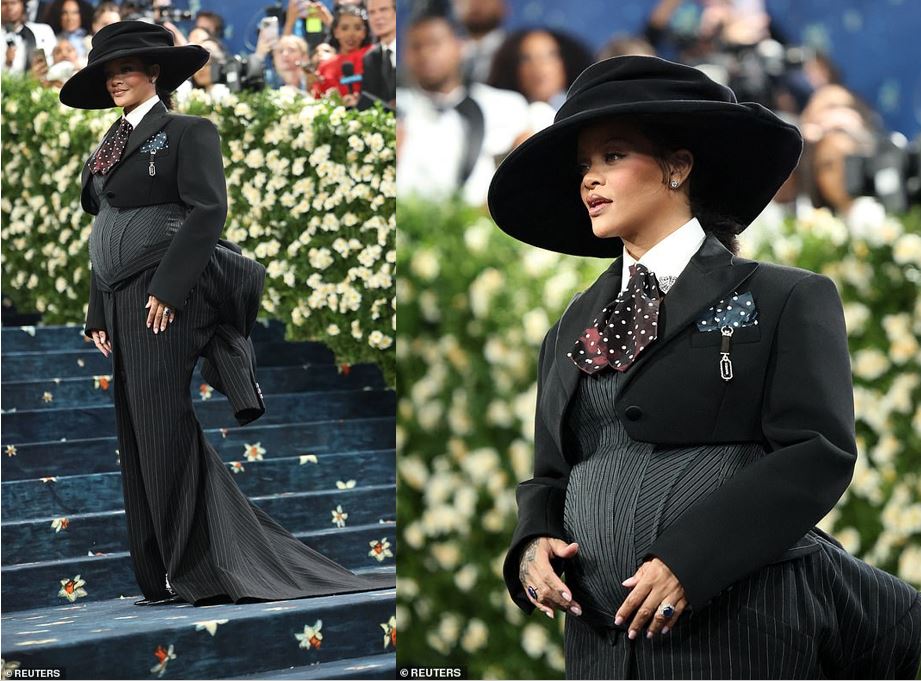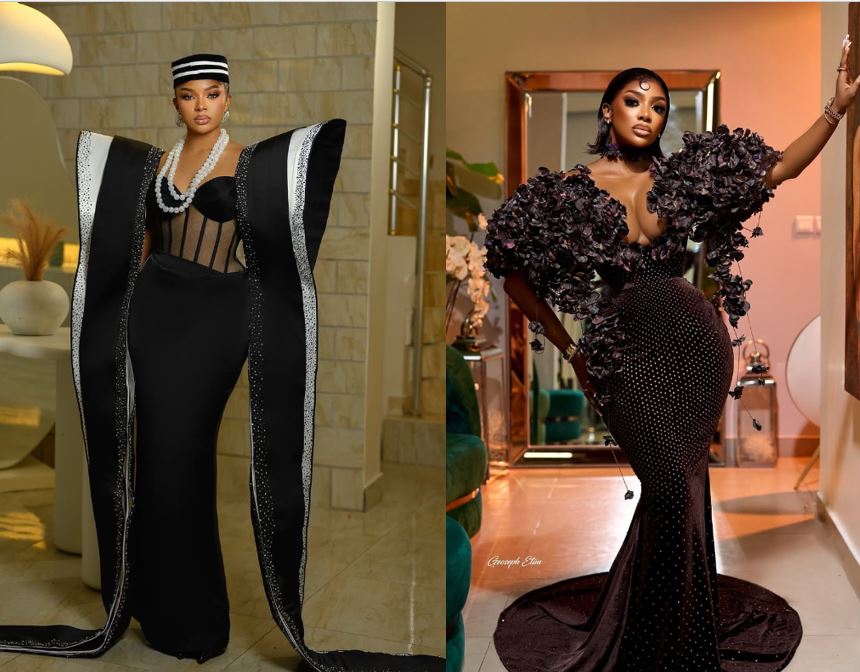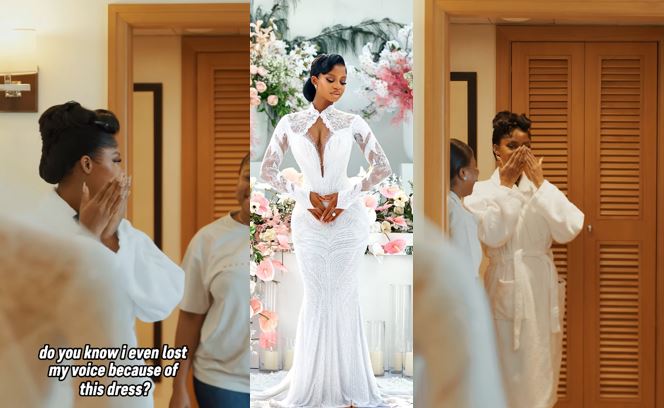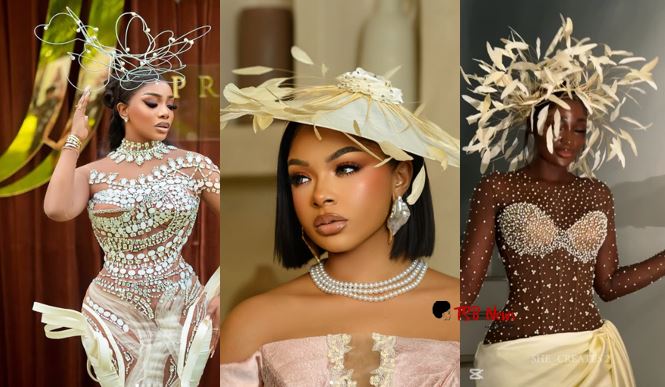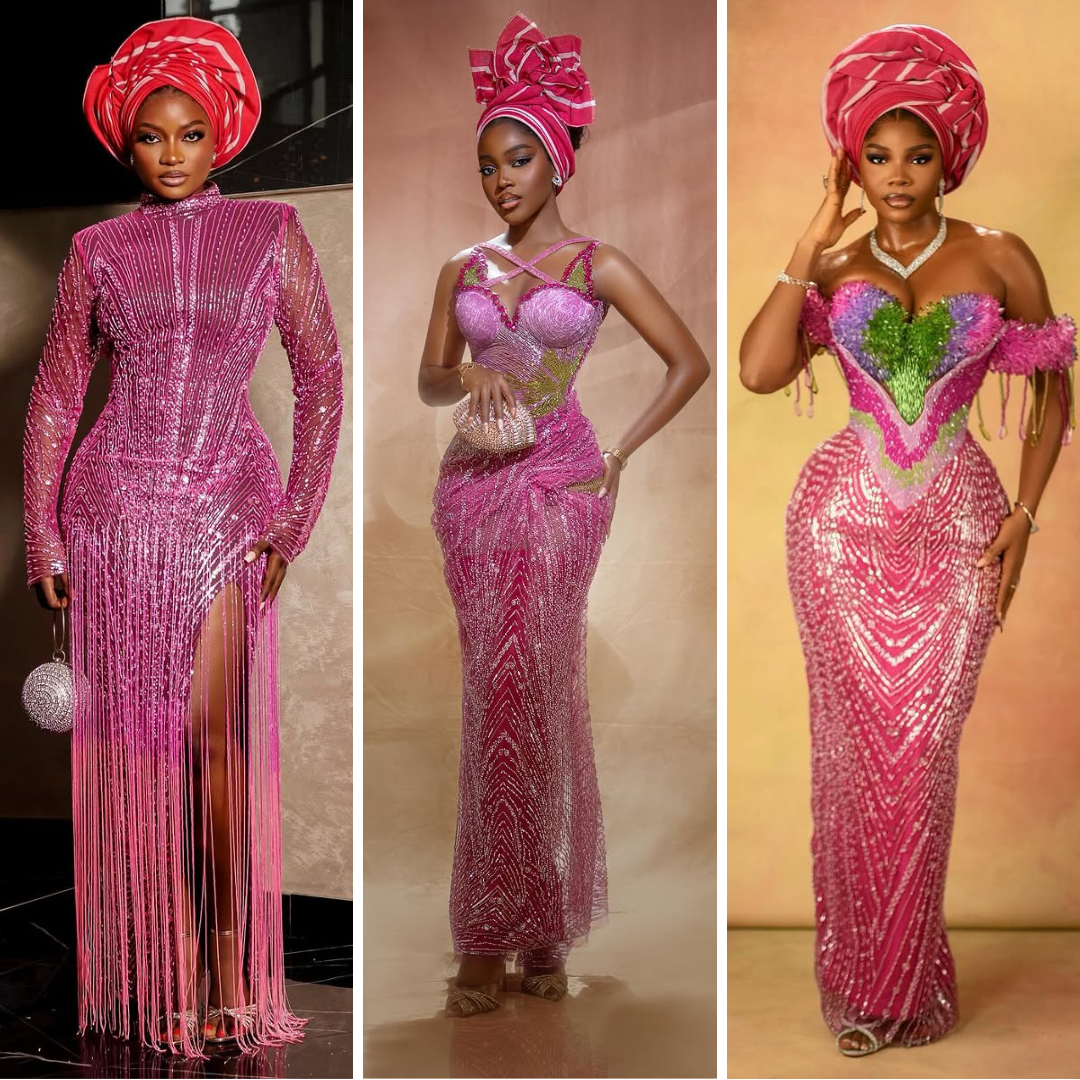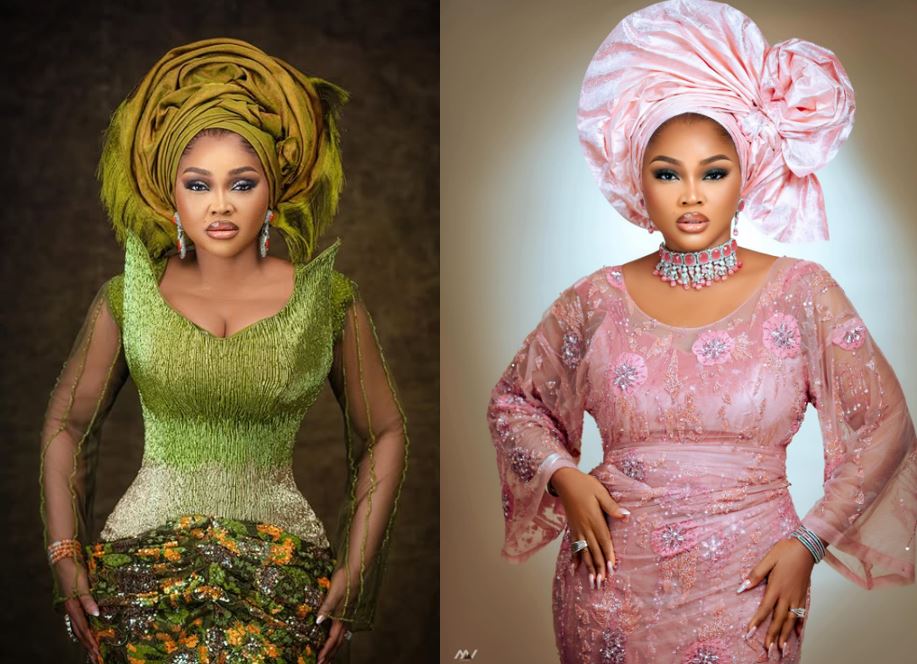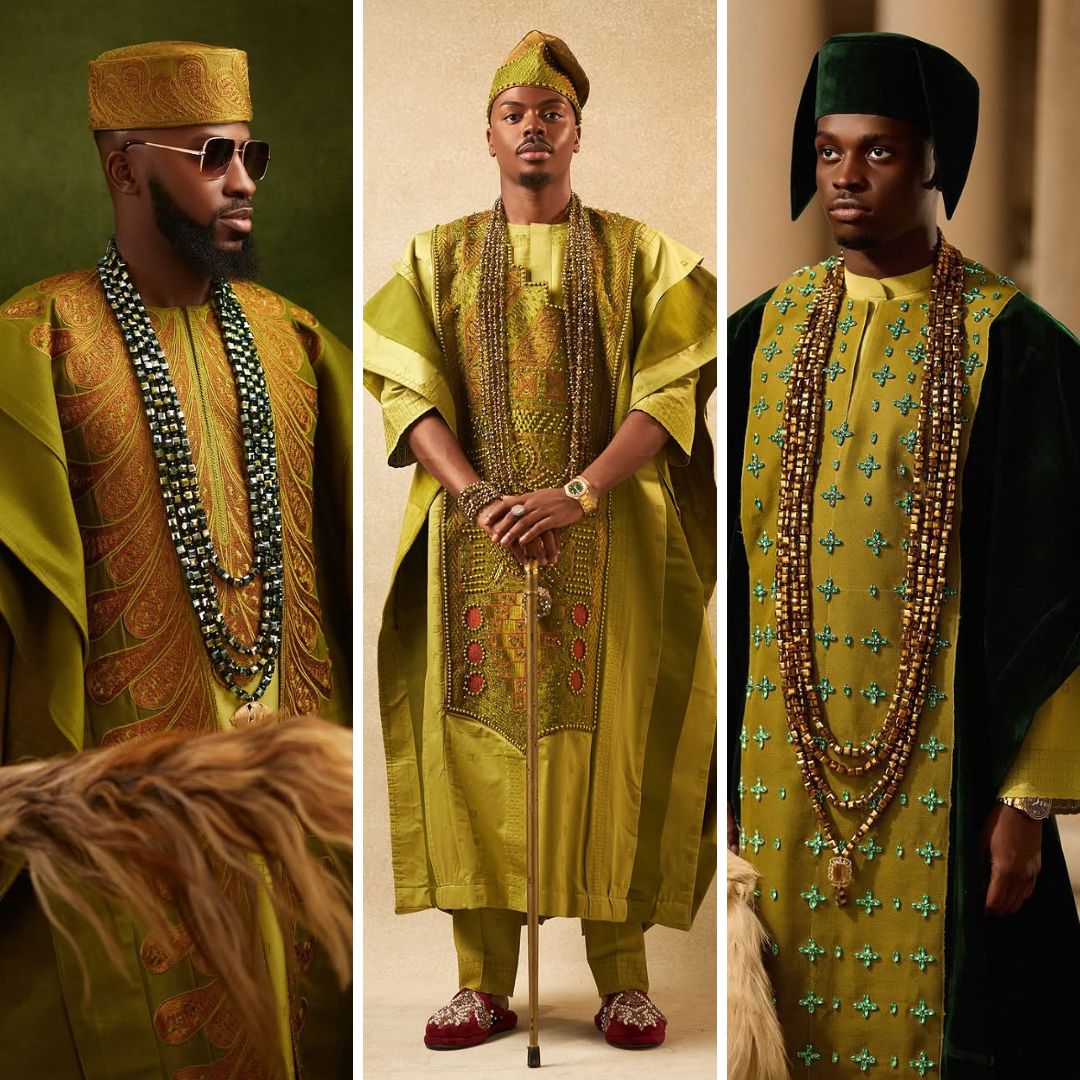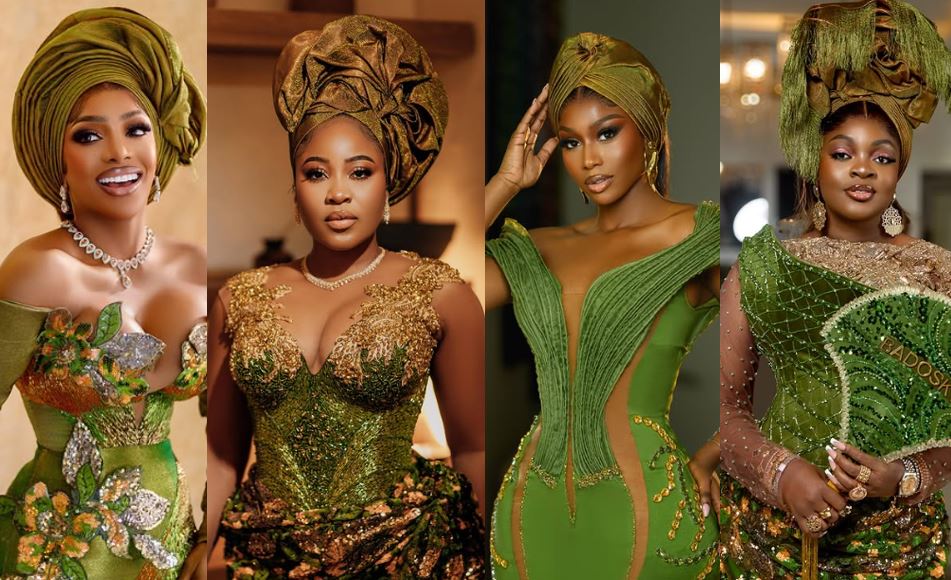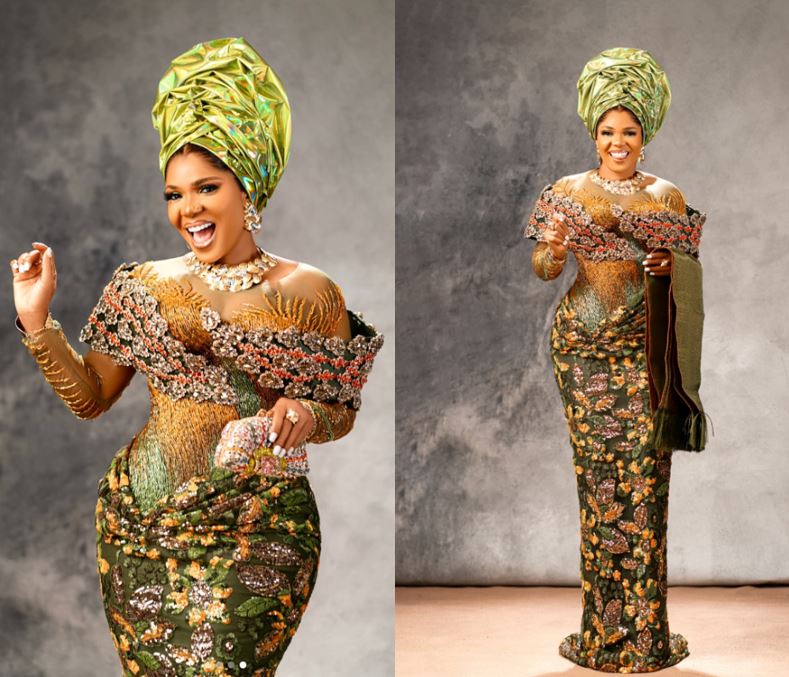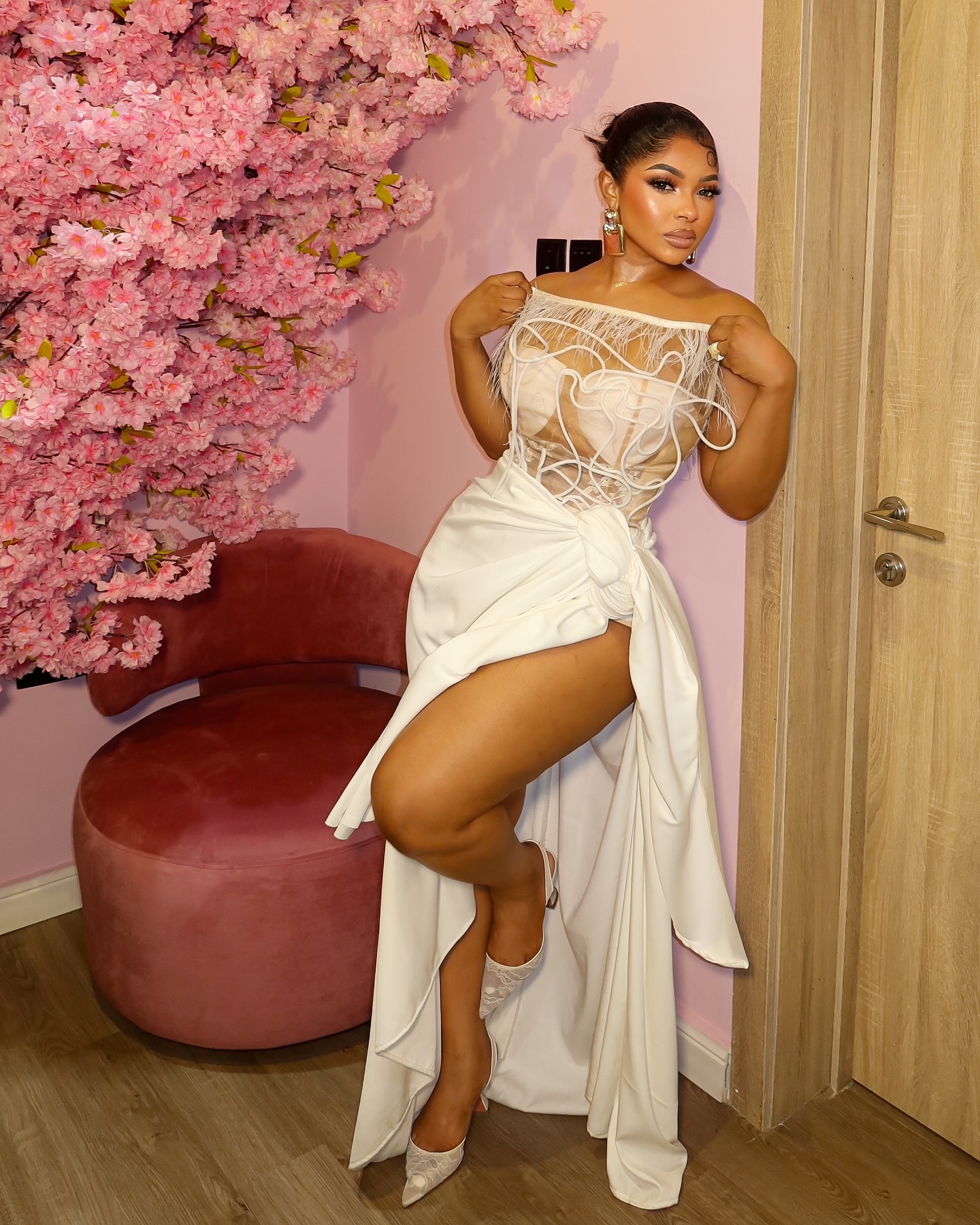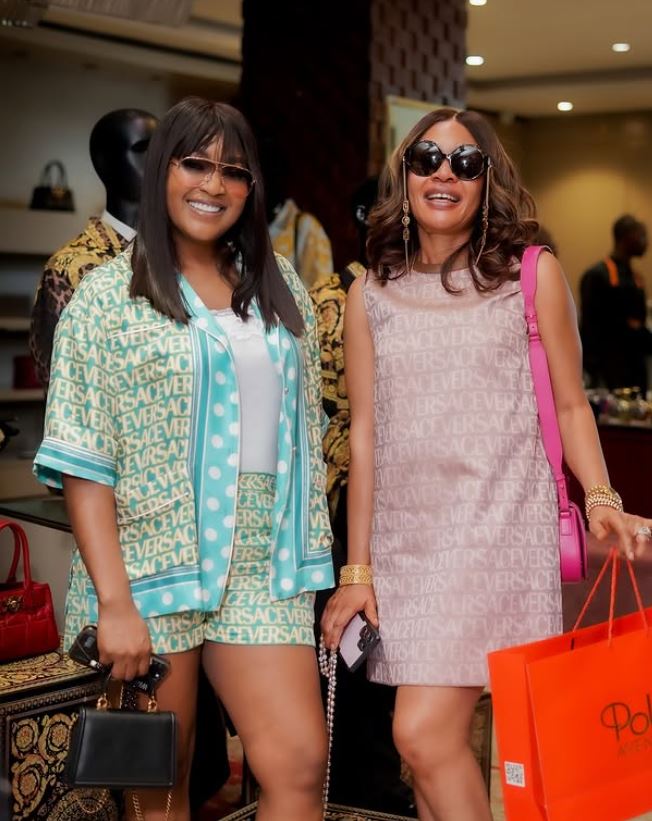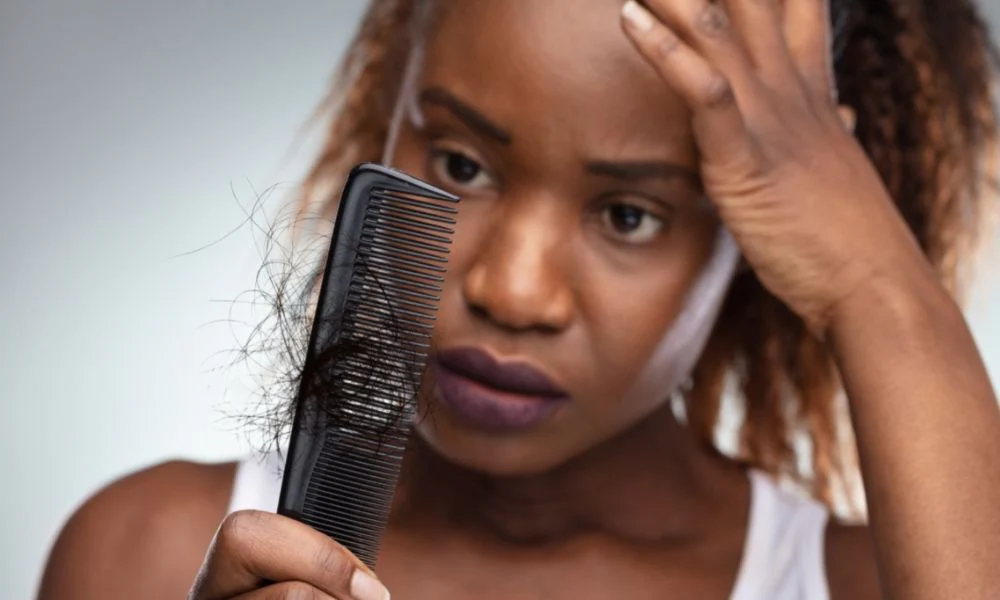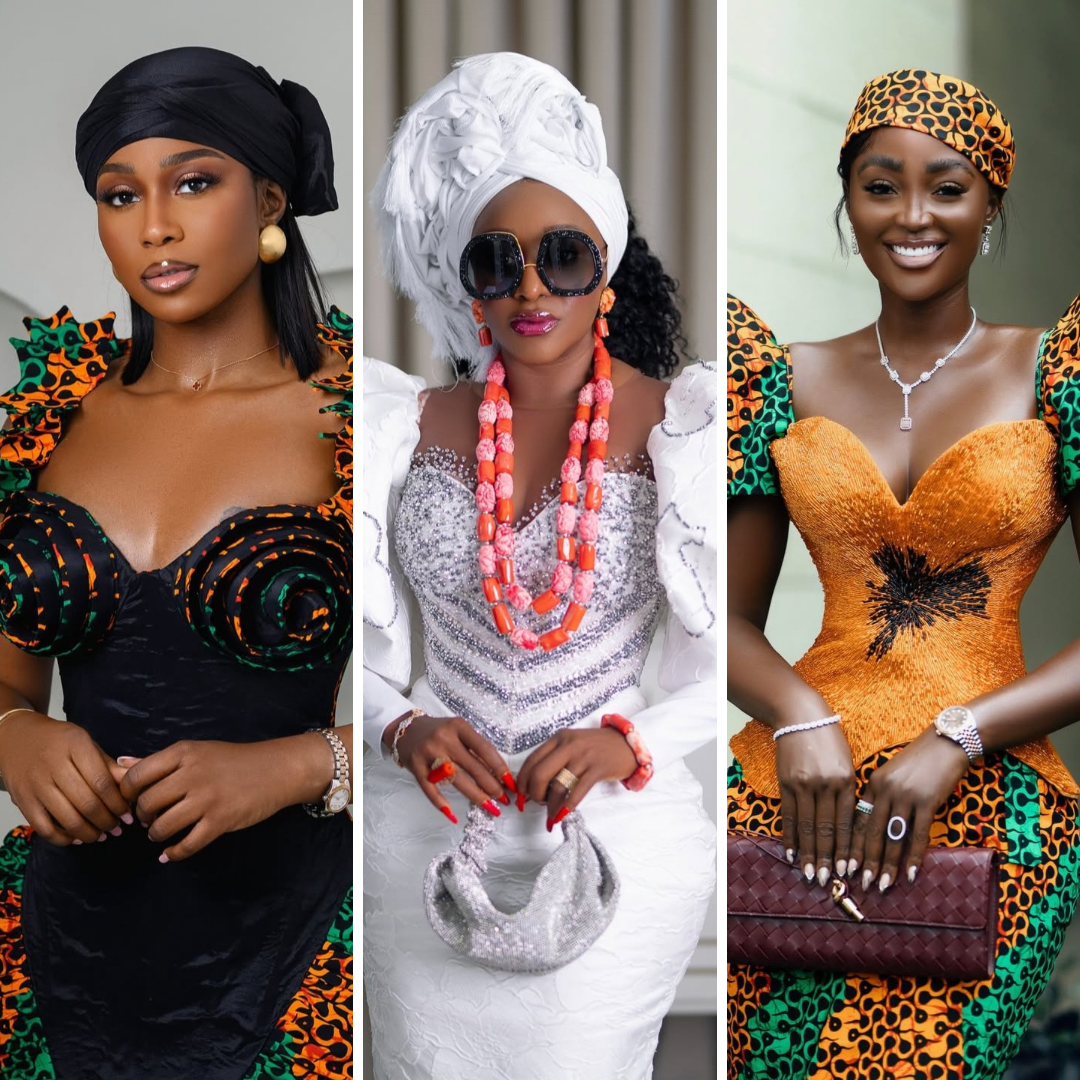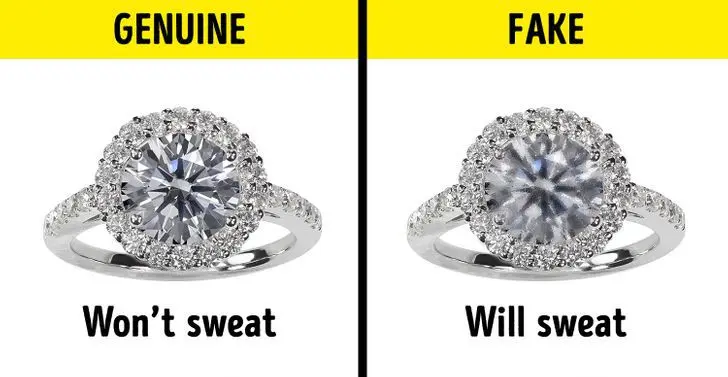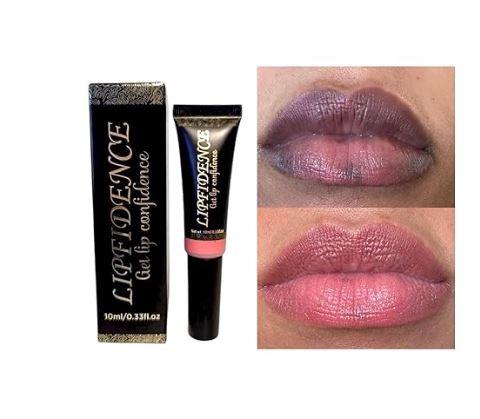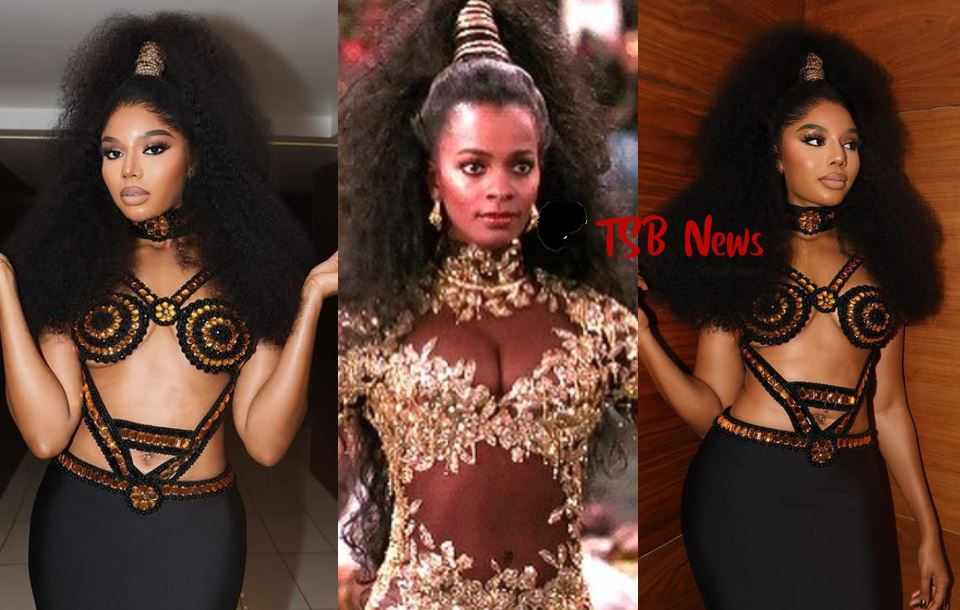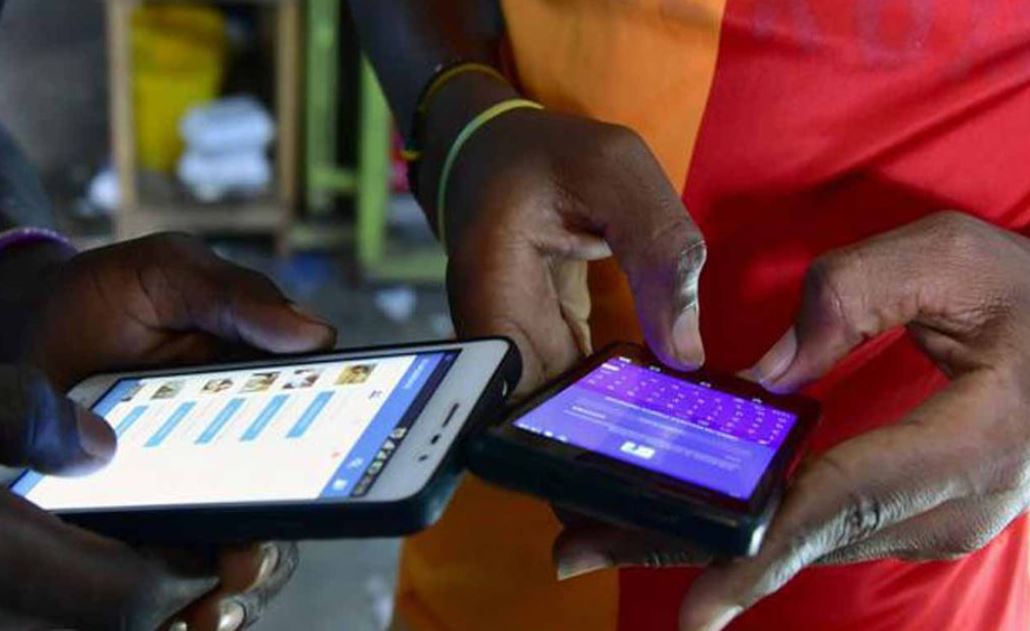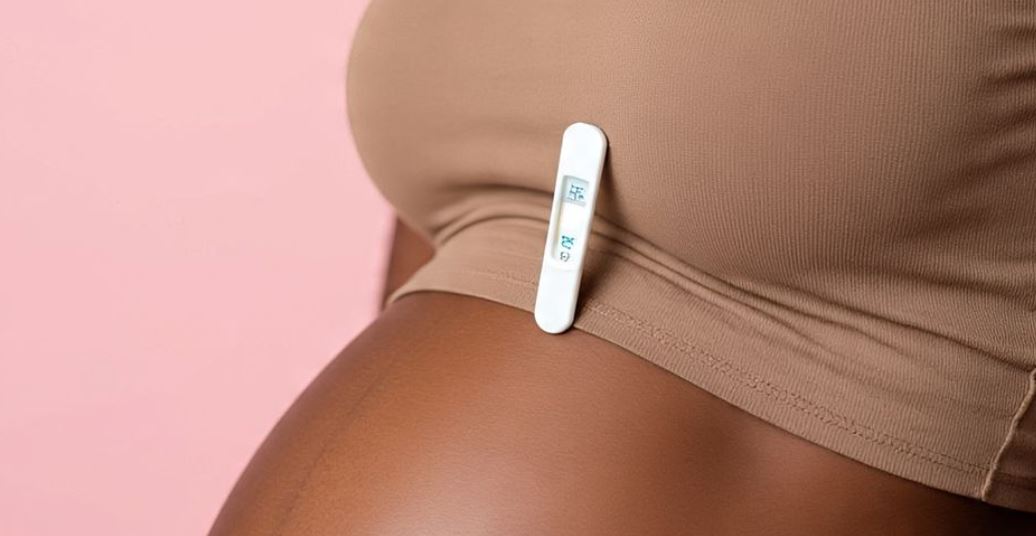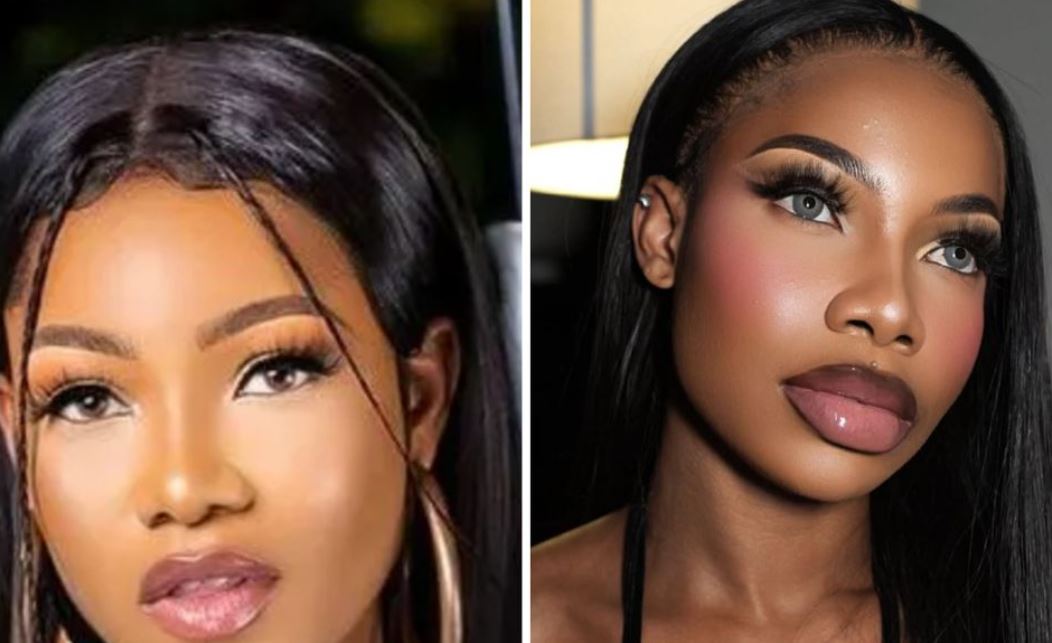How complexion affects people’s perception of beauty
One of the most popular sub-conscious sentiment is light-skinned beauty is better. Because of this, bleaching is prevalent among those with darker skin. The goal is to be lighter, fairer and whiter.
Some scholars argue that the root of this is interracial marriages or sexual relationships between Europeans and black people caused the birth of biracial children, and an aspiration to look more like the Europeans came about because of colonialism.
What data says
African Americans have a more severe relationship with their skin colour because of the cruel segregation of amenities based on skin colour and race. Most biracial people were treated better.
Dark-skinned people are likely to be discriminated against by white people or other races.
Research published in the National Library of Science “suggests that through negative African American stereotypes, out-group members (Whites) perceive light-skinned African Americans favourably and dark-skinned African Americans unfavourably”.
That means they are more likely to stereotype a dark-skinned person as a criminal than a light-skinned African American.
However, within the black community, research also revealed that both light-skinned and dark-skinned men are equally discriminated against, while those with medium complexions feel more accepted.
“Light skin tone may have been idealized, medium-skinned persons may have been more protected in their identity and attachment to African Americans. Thus, skin tone bias can be complex—simultaneously serving as advantageous or disadvantageous depending on the social context.”
What people say
I asked a couple of men if they had any preference based on complexion. While others, said they do not, some had a preference.
Tolu said, “Light-skinned women are merely attractive, but dark-skinned women are really beautiful. I mean you see a dark-skinned woman that is really beautiful and think, wow.”
Emeka said, “When I see a light-skinned woman, I picture her dark-skinned, and if she is fine as a dark-skinned person, then she is really beautiful.”
Does Light-skinned privilege exist?
Lope, a cinematographer, said she would prefer to shoot a light-skinned model than a dark-skinned person because of colour grading. This is because the cameras were made by white people for white people.
Don, a Nigerian-Lebanese said, “Although light-skinned privilege exists, I can’t say that I felt it. I was the only biracial person in my school and they bullied me a lot. They thought I was weak because I was light-skinned and couldn’t speak Igbo. I used to hate my complexion and wished I wasn’t so light-skinned.”
“Even professionally, I feel like I have to work twice as hard, people always tell me I must have things easy because I am fair but I do not.”
Light-skinned privilege exists, dark skin discrimination also exists. Yet there are disadvantages to being light-skinned.
Light-skinned people and biracial people are called ‘chinko’ and ‘half cast’, while dark skinned are often compared to charcoal and the devil.
What’s the conclusion?
Beauty is a spectrum, and one skin shade is not more beautiful than the other.

